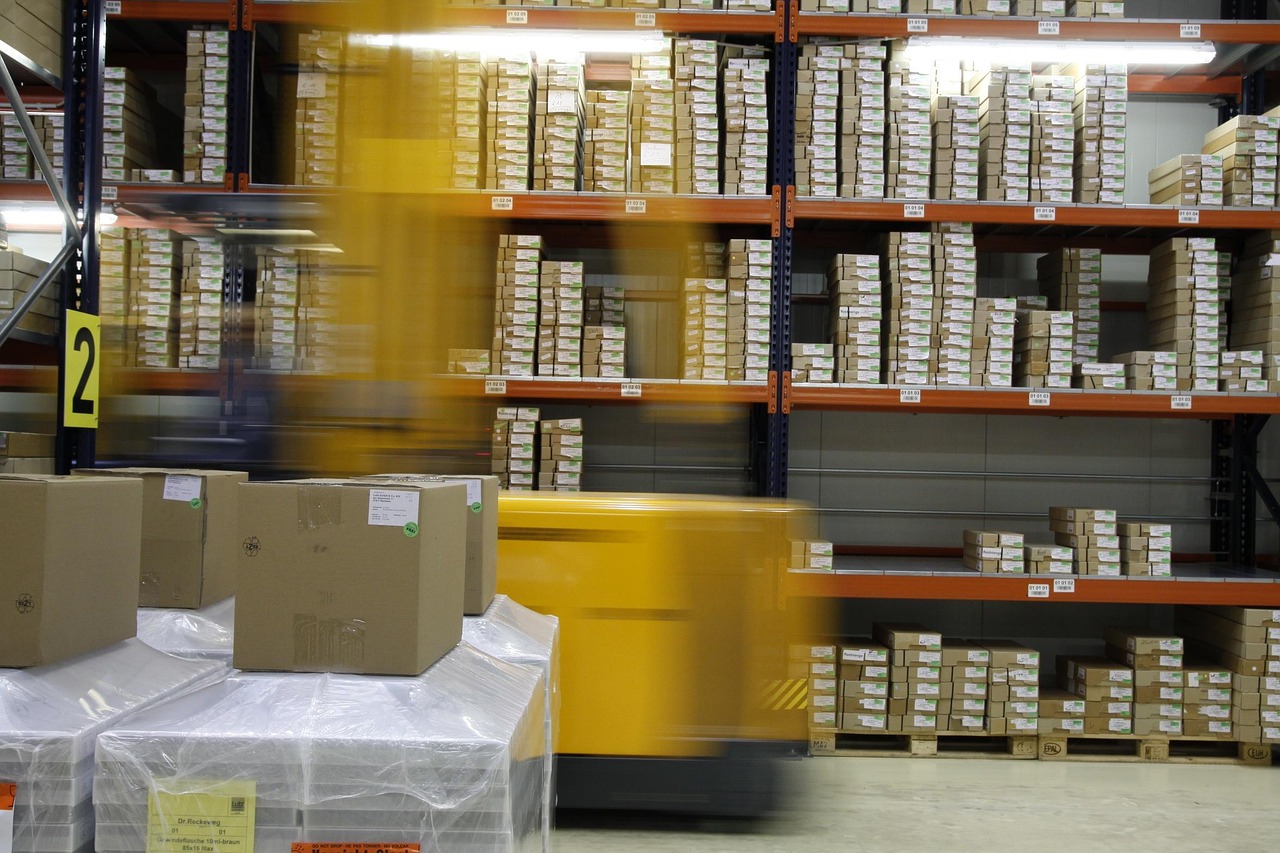Understanding the Importer of Record's role is vital so that your international operations don't face delays or legal problems.
When an eCommerce decides to scale internationally, it must deal with the regulatory system of each country it wants to reach, and to achieve this successfully, you need the support of an Importer of Record to guarantee you an unimpeded import process.
Although brands understand the importance of meeting certain parameters, there is not always clarity about who they should turn to or under what conditions, which may limit their expansion intentions.
This post aims to inform online store teams about the role of the Importer of Record so that they can choose one in an informed manner and prepare their import strategy. Take note.
What is an Importer of Record?
An Importer of Record (IOR), or Registered Importer, is the entity or person responsible for ensuring that the imported merchandise complies with all the regulations of the destination country, such as the payment of duties and the presentation of customs documentation.
In addition, the IOR coordinates with logistics agents, ensures that the tariff codes are correct and that the products do not violate any regulation of where they will enter, especially if they are items such as cosmetics, food or electronics.
This is relevant in a context in which cross-border eCommerce is gaining strength, since, according to Capital One Shopping, it is expected to reach 5.06 trillion dollars by 2028.
Differences between an IOR and a Consignee
The consignee is responsible for receiving the products; he has no legal obligations to the customs authorities, unless he also acts as an IOR. On the other hand, the Importer of Record is the one who assumes legal responsibility for the import to be carried out in accordance with the regulations of the region, regardless of the owner or the final recipient of the merchandise.

Who can be the IOR in an international operation?
The answer varies by country, but it must be an entity with a legal and fiscal presence in the destination territory; it can be a subsidiary of the brand itself, an authorized logistics partner, or a third party specialized in offering such a service.
The important thing is that you demonstrate that you are prepared to assume that responsibility and that you have both sufficient operational capacity and regulatory knowledge to comply with customs requirements.
You might be interested in: What are intelligent logistics solutions for e-commerce?
Operational and fiscal risks of a poorly selected IOR
Merchandise stopped at the border: When working with an IOR without valid legal registration in the receiving country, customs do not authorize the entry of the products, which results in operational delays, extra storage costs and, in many cases, orders canceled due to non-compliance with the promised delivery times.
Incorrect or incomplete statements: If the Importer of Record presents erroneous information about the content and value of the merchandise, the authorities may impose sanctions, additional checks or tax adjustments. The problem is that errors are usually detected after the merchandise has already entered the market, a factor that makes it difficult to resolve them and creates uncertainty in future operations.
Poor fiscal management: In several markets, the IOR must be formally registered with the local tax authorities to declare and pay the taxes associated with the import. When this responsibility is not fulfilled, the brand is exposed to audits, sanctions, and even the impossibility of returning to operating in that country under the same conditions.
Assume that an IOR works for all countries: Not because an IOR operates well in one country, it means that the same strategy will work in another, since legal conditions change completely from region to region. Confidence can compromise the entry of an entire product campaign or season.
Loss of operational and reputational control: The lack of coordination between the IOR and internal teams can result in slow decision-making and incomplete information. In new international markets, where every interaction counts, this type of conflict not only hinders daily operations, but also weakens the perception of reliability before customers and strategic partners.

How to evaluate an IOR from day one?
Below, we share some points that will help you identify if an IOR is competent enough to match your business and make sales abroad.
Familiarity with the type of product you're selling: Not all Importer of Record are aware of the implications of managing, for example, cosmetics, or dietary supplements.
Actual coverage: It is common to guarantee a presence in several countries, but when operating, everything is channeled to third parties without traceability.
Ability to take risks: A good IOR will stand out for its legal and operational support when responding to audits, inspections or disputes with the authorities. If that's not covered in the contract or if your processes aren't documented, it's an alert.
Willingness to collaborate with your team: An Importer of Record that doesn't share information or that acts as a black box will make it difficult to make decisions.
Checklist for choosing your IOR
If you are already at a more advanced stage and need to be sure that the IOR you have chosen is the right one, take these questions with you to your next interview with him so that you can get clarity about his technical capacity, way of working and his level of commitment:
- Do you have documented experience in your industry and with similar products?
- Are you registered with the tax and customs authorities of the destination country?
- Do you take full legal responsibility for the import or do you share it with third parties?
- Do you have local infrastructure or do you outsource to other actors?
- What is your process in case of merchandise audits or review?
- How do you ensure continued compliance in markets with changing customs regulations?
- What level of operational visibility do you offer your team?
Remember: the experience shows. If any answer is evasive, ambiguous, or subject to conditions that are difficult to control, it is best to resume the search.
Start your strategy!
Plan it in detail and in advance, combining the strengths of an Importer of Record with the features that have been addressed throughout the post and be alert to red lights, because the choice you make will have a full impact on your business.
If you are currently expanding and are looking for a partner to support you with your international logistics, we invite you to contact Cubbo to learn more about their IOR service and find out why they are the right partner.








